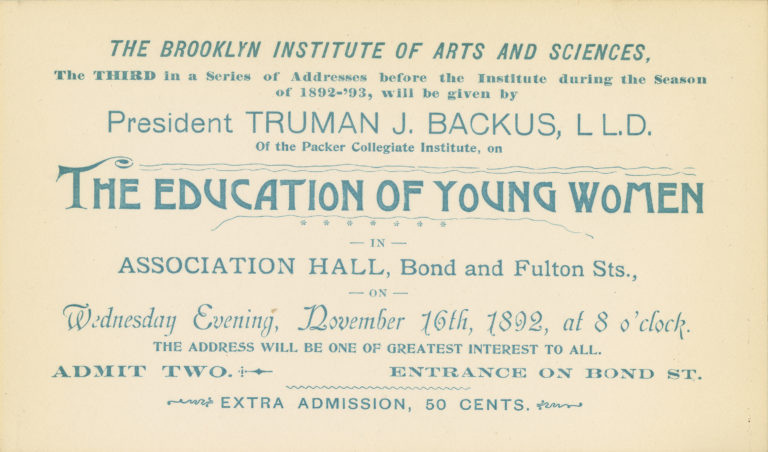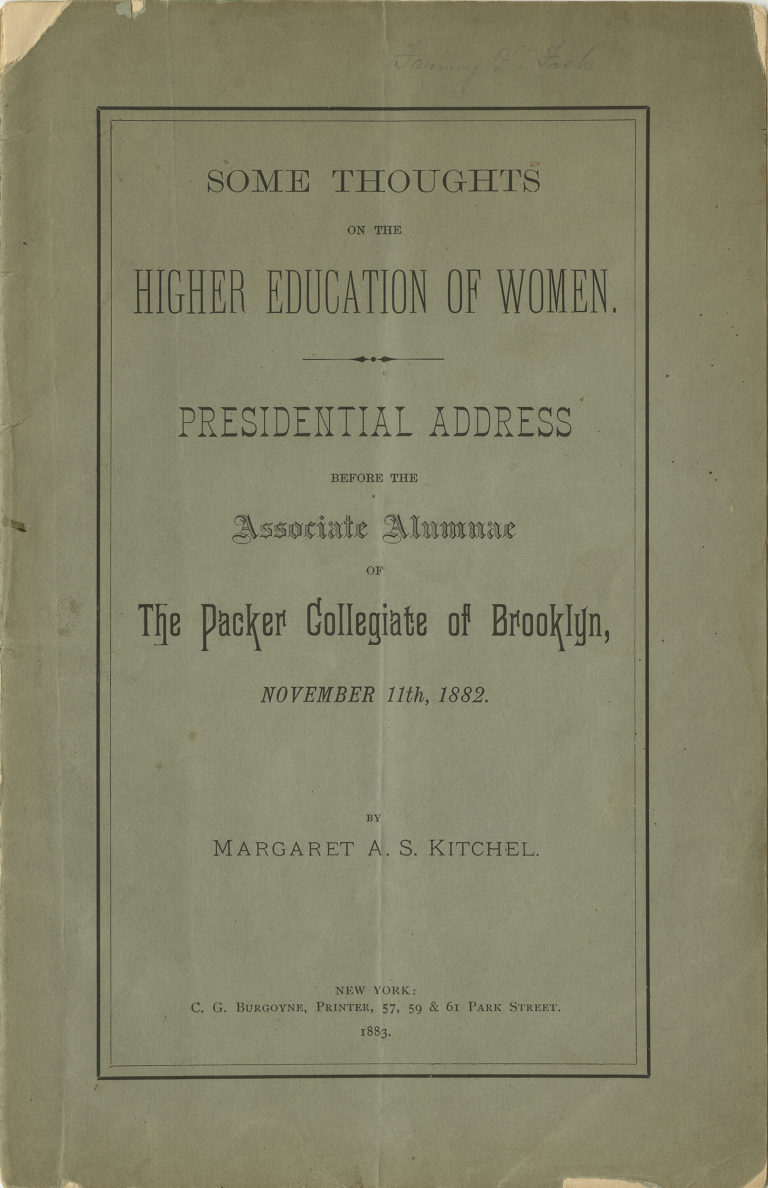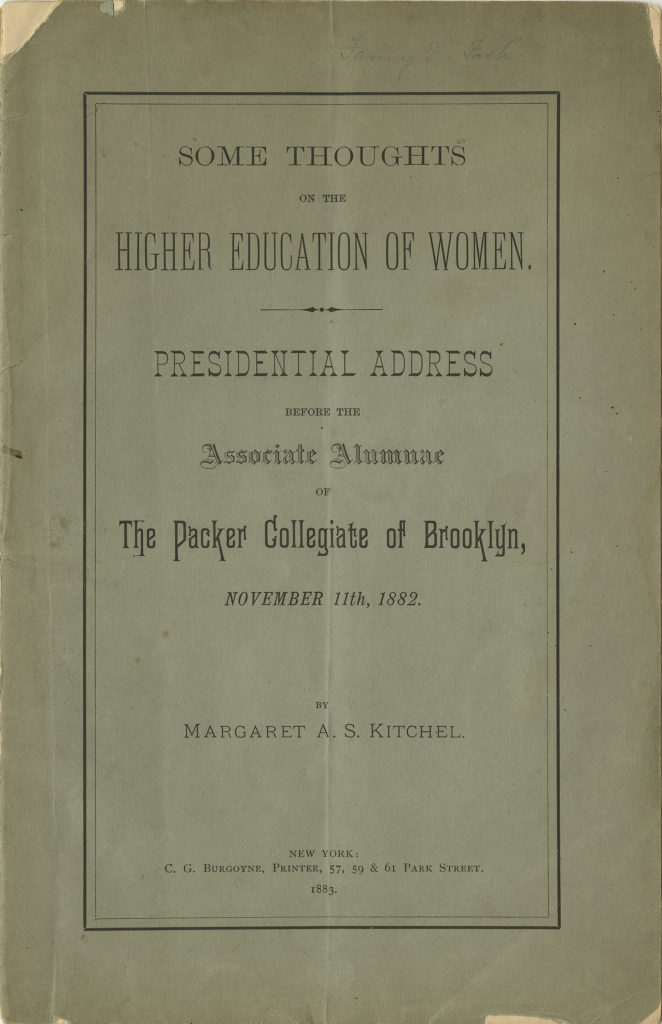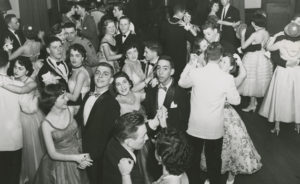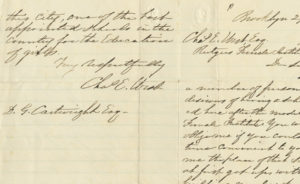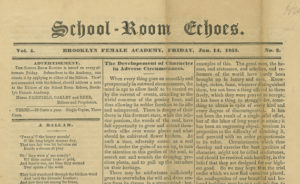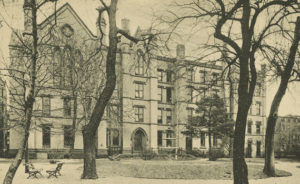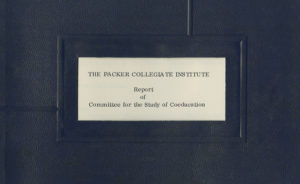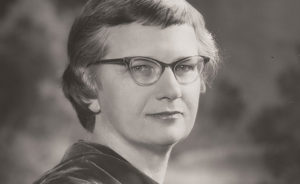The Evolution of Female Education
Prior to the 1800s, there were few educational opportunities available to young women. This was rooted in the belief that women were biologically and intellectually inferior to men. With few exceptions, white middle- and upper-class women were relegated to the role of wife and mother in the home. Most Americans believed that education was not necessary to fulfill these roles. Where educational opportunities did exist, they were for young, wealthy, white women and the focus was often on refinement rather than knowledge.
Between the 1800s and 1850s, there was a profound transformation in female education in the United States, and a number of specialized secondary schools for young women, referred to as academies or seminaries, were founded.
What prompted this remarkable change in female education in the nineteenth century?
- Social Change: In general, public education was becoming more popularized. This expansion in education eventually filtered down to females.
- Religion and Reform: The Great Awakening, an era of renewed religious fervor, was tied to social-reform movements, including abolitionism, temperance, and the fight for women’s rights. Reformers recognized that educated women could be leaders in the home, but also in their communities.
- Work: The Civil War (1861–1865) had a profound impact on the status of American women. Faced with a shortage of male labor, women increasingly went to work in farms, factories, and hospitals. Women proved their capacity beyond that of wives and mothers.
By the mid-nineteenth century, communities began to establish institutions of higher education dedicated to providing a liberal education to women that was on par with their male counterparts. Many of these postsecondary institutions—including Mount Holyoke Female Seminary (Mount Holyoke College), Vassar College, and Wellesley College—continue to exist today either as coeducational or women’s colleges.
